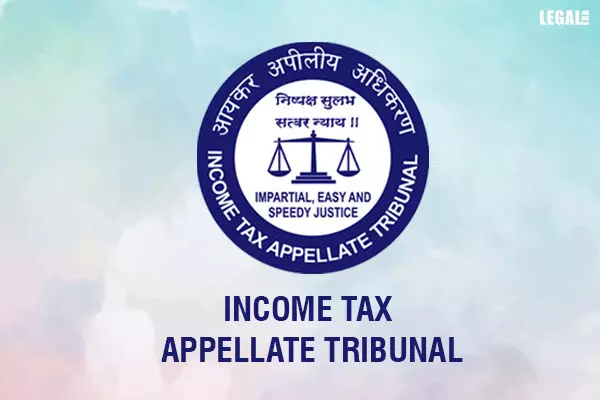- Home
- News
- Articles+
- Aerospace
- Agriculture
- Alternate Dispute Resolution
- Banking and Finance
- Bankruptcy
- Book Review
- Bribery & Corruption
- Commercial Litigation
- Competition Law
- Conference Reports
- Consumer Products
- Contract
- Corporate Governance
- Corporate Law
- Covid-19
- Cryptocurrency
- Cybersecurity
- Data Protection
- Defence
- Digital Economy
- E-commerce
- Employment Law
- Energy and Natural Resources
- Entertainment and Sports Law
- Environmental Law
- FDI
- Food and Beverage
- Health Care
- IBC Diaries
- Insurance Law
- Intellectual Property
- International Law
- Know the Law
- Labour Laws
- Litigation
- Litigation Funding
- Manufacturing
- Mergers & Acquisitions
- NFTs
- Privacy
- Private Equity
- Project Finance
- Real Estate
- Risk and Compliance
- Technology Media and Telecom
- Tributes
- Zoom In
- Take On Board
- In Focus
- Law & Policy and Regulation
- IP & Tech Era
- Viewpoint
- Arbitration & Mediation
- Tax
- Student Corner
- AI
- ESG
- Gaming
- Inclusion & Diversity
- Law Firms
- In-House
- Rankings
- E-Magazine
- Legal Era TV
- Events
- News
- Articles
- Aerospace
- Agriculture
- Alternate Dispute Resolution
- Banking and Finance
- Bankruptcy
- Book Review
- Bribery & Corruption
- Commercial Litigation
- Competition Law
- Conference Reports
- Consumer Products
- Contract
- Corporate Governance
- Corporate Law
- Covid-19
- Cryptocurrency
- Cybersecurity
- Data Protection
- Defence
- Digital Economy
- E-commerce
- Employment Law
- Energy and Natural Resources
- Entertainment and Sports Law
- Environmental Law
- FDI
- Food and Beverage
- Health Care
- IBC Diaries
- Insurance Law
- Intellectual Property
- International Law
- Know the Law
- Labour Laws
- Litigation
- Litigation Funding
- Manufacturing
- Mergers & Acquisitions
- NFTs
- Privacy
- Private Equity
- Project Finance
- Real Estate
- Risk and Compliance
- Technology Media and Telecom
- Tributes
- Zoom In
- Take On Board
- In Focus
- Law & Policy and Regulation
- IP & Tech Era
- Viewpoint
- Arbitration & Mediation
- Tax
- Student Corner
- AI
- ESG
- Gaming
- Inclusion & Diversity
- Law Firms
- In-House
- Rankings
- E-Magazine
- Legal Era TV
- Events
ITAT Slams "Ad Hoc" Expense Disallowance Without Specific Justifications

ITAT Slams "Ad Hoc" Expense Disallowance Without Specific Justifications
A taxpayer in New Delhi recently won an appeal against the Income Tax Department's hefty deductions from their business expenses. The Income Tax Appellate Tribunal (ITAT) ruled in his favour, criticising the department's lack of specific justifications for the cuts.
The taxpayer, operating in the competitive mobile phone distribution market across Bihar, Jharkhand, and Uttarakhand, reported a loss in his income tax return. During scrutiny, the Income Tax Officer (AO) questioned the legitimacy of his business expenses due to missing or "incorrect" paperwork, like unsigned vouchers or unusual formats. However, the AO provided no specifics about the alleged issues and simply applied a blanket 30 per cent deduction, claiming the expenses were "too high, unnecessary, and personal." The Commissioner of Income Tax (Appeals) (CIT(A)) sided with the AO, citing insufficient supporting documents.
The ITAT Bench comprising Anubhav Sharma (Judicial Member) and Shamim Yahya (Accountant Member), strongly disagreed with the "blanket deduction" approach. They held the need for clear reasons, not just vague references to paperwork, before cutting expenses. They also highlighted the importance of considering the "nature of the business." In this case, the competitive mobile phone market might explain the lack of standardised paperwork.
Furthermore, the Bench criticised the AO for failing to explain how the deduction impacted the reported profit, even though they initially questioned the low income compared to loans and revenue. This omission raised concerns about the arbitrariness of the decision.
Ultimately, the ITAT deemed the AO's order flawed and ruled in favour of the taxpayer.



